Electric cars are rapidly gaining popularity. The trend is hardly surprising, given that electric automobiles are not only environmentally benign, but also cost-effective in the long run due to large gasoline expense reductions. Yet, having an electric car necessitates different maintenance requirements than a typical gasoline-powered car. It is consequently critical to become acquainted with the electric car’s maintenance requirements in order to maintain its proper operation. The following are 10 maintenance guidelines that you should be aware of to keep your electric vehicles functioning properly.
10 Electric Car Maintenance Guidelines
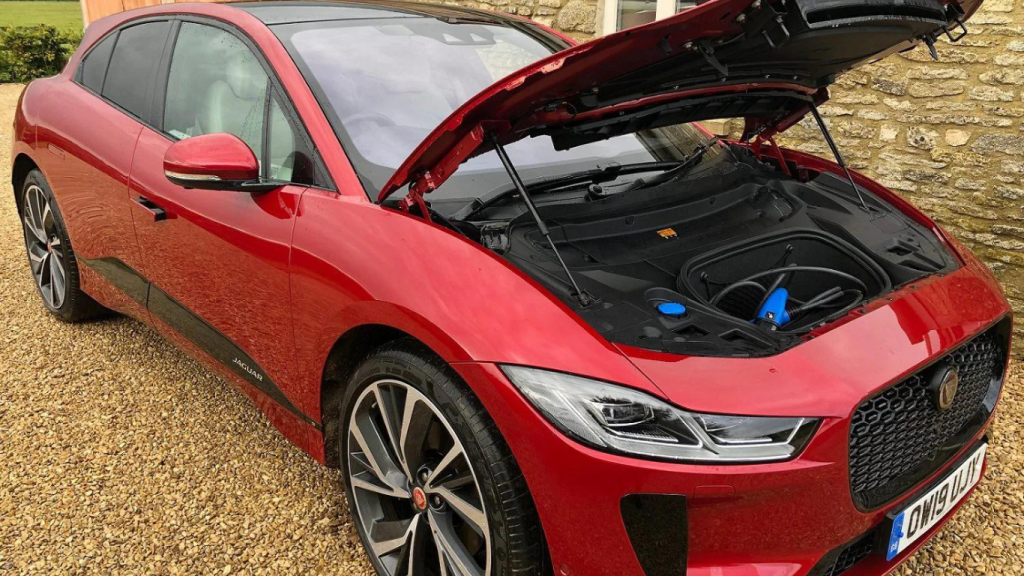
Keep Your Battery in Check
The maintenance and inspection requirements for electric vehicles (EVs) are less frequent compared to those for traditional fuel-powered vehicles. However, it’s important to take care of the EV’s power source to ensure its longevity. The life of the battery depends on various factors such as driving style, weather conditions, charging patterns, and parking habits. The Battery Management System (BMS) is responsible for monitoring the health of the battery by measuring the State of Health (SoH), charging levels, and response to different temperatures. A faulty BMS can lead to battery damage, so it’s recommended to have it inspected at every service. As the EV battery is essentially a larger version of the lithium-ion battery found in mobile phones, some battery-saving techniques used for phones can also be applied to EVs, such as consistent charging, smooth driving, and disabling unnecessary features.
Check Your Tires Regularly
While many tire-related details are conveniently displayed on the dashboard, it is crucial to perform a regular visual inspection to ensure optimal tire performance. For your electric car, it is recommended that the tire pressure be maintained between 32-36 psi to achieve optimal performance. In addition to tire pressure, any noticeable tilting while driving should prompt you to have your vehicle’s alignment checked promptly. Consistently maintaining your tires’ alignment and balance not only enhances your driving experience but also contributes to prolonging the lifespan of your tires.
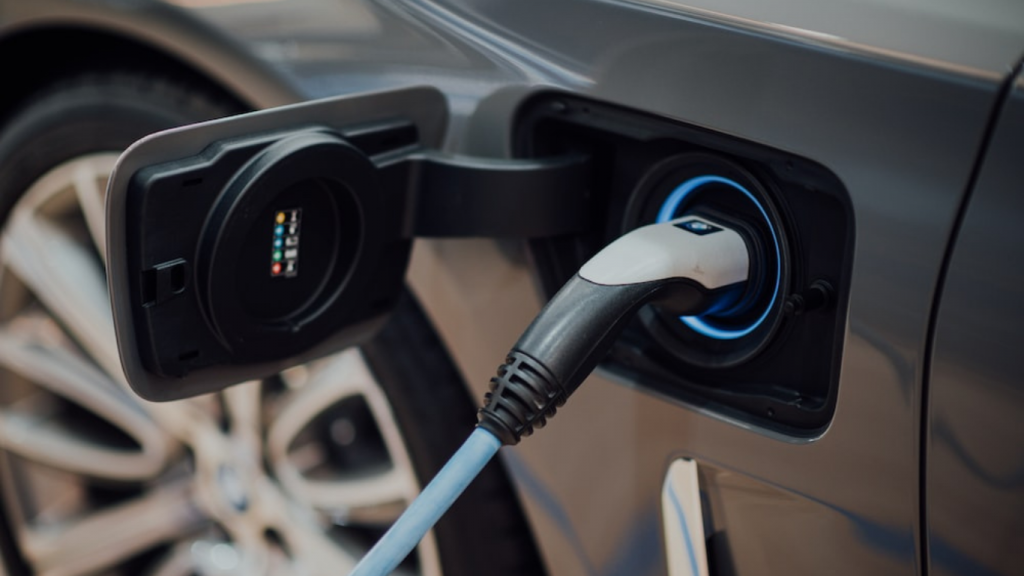
Keep Your Charging Cables Clean
Over the course of usage, charging cables can accumulate dirt, grime, and corrosion. This leads to a decrease in their charging speed and efficiency. Therefore, it is imperative to maintain the cleanliness and upkeep of your charging cables. By regularly wiping them down with a soft, clean, and dry cloth, you can ensure that they remain in optimal condition and continue to perform optimally. This simple and easy maintenance practice can prolong the lifespan of your charging cables and keep them functioning at their best.
Check Your Brakes
Contrary to common belief, electric vehicles (EVs) utilize brake pads just like conventional cars do. Therefore, it is important to note that these brake pads require periodic inspections to ensure their optimal functioning. It is generally advised that brake pads be replaced after every 10,000-15,000 miles of use. However, it is crucial to avoid waiting until the brake pads are completely worn out before replacing them. This is because doing so could cause harm to other components of the braking system, including the tires.
It is important to note that most EVs are equipped with regenerative braking. This is a special system that helps to recharge the battery bit by bit every time the brakes are applied. When you take your car in for servicing, it is wise to ask the mechanic to check the power generation capacity of the brakes, as this could prove extremely beneficial in the long run.
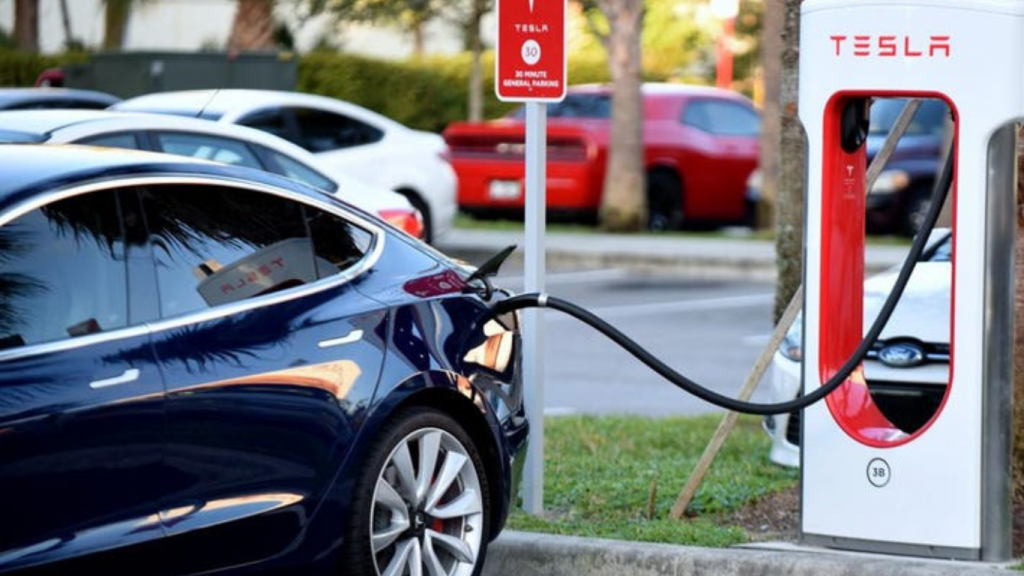
Use the Right Type of Charging Station
Different types of electric vehicles have distinct charging specs that necessitate specific charging stations. In this sense, it is important to use the proper charging station when charging your electric vehicle. Using the wrong charging station can cause substantial damage to your electric car’s battery and, in extreme situations, can even create a fire hazard. Make sure to use the proper charging station to protect not only the battery but also the general safety of the electric car.
Store Your Electric Car Properly
Electric cars are built with a natural thermal control system that uses either water or air. In hot days, leaving your electric car parked in direct sunlight for extended periods can result in the thermal control device kicking in to regulate the temperature inside the car. This process can take some time to activate.
In some electric vehicles, the thermal control system may shut off temporarily when the car is turned off, remaining inactive until the car is started again. During this time, the temperature inside the car can rise and potentially cause the car’s batteries to overheat. This can ultimately lead to a decrease in battery life. Therefore, it is advisable to park your electric car in a shaded area or under a shelter to prevent overheating and to maintain your car’s battery life.
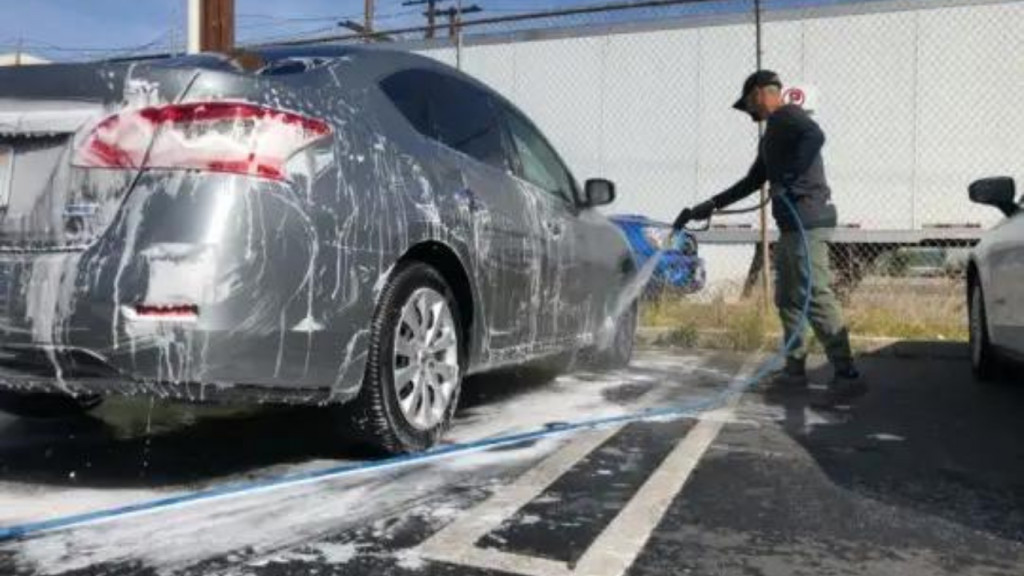
Wash Your Electric Car Carefully
Since electric vehicles rely heavily on electronic components, some parts of the car should not come into contact with water. It is best to use electric car wash machines instead of gas-pressure washers, which generate higher pressure levels. The lower pressure from an electric car wash machine is more suitable for cleaning EVs. Although you may have seen some people using thin water streams to clean the edges of doors and boots, this practice is not entirely safe, particularly for EVs.
Turn off any automatic functions on your EV before washing it. This include; windshield wipers that may activate upon sensing water. Additionally, avoid charging your EV while washing it or immediately after the wash to prevent any electrical hazards. By taking these precautions, you can safely wash your EV without causing any damage to its electronic components.
Check Your Fluids
Although electric vehicles (EVs) require fewer types of oils than internal combustion engine (ICE) cars, they still require some attention. EV owners should be aware of the temperature tolerance of their vehicle, as excessive heat can damage the motor and surrounding components. Thus, it’s important to regularly check coolant levels to prevent such damage. Also observe your EV requires transmission and braking oil replacements to maintain optimal performance. Another crucial liquid for your EV is screenwash or windshield washer fluid. This fluid helps to keep the windshield scratch-free for a longer period. Using water and wipers alone can push fine particles of dust onto the windshield, leading to scratches that are difficult to remove.
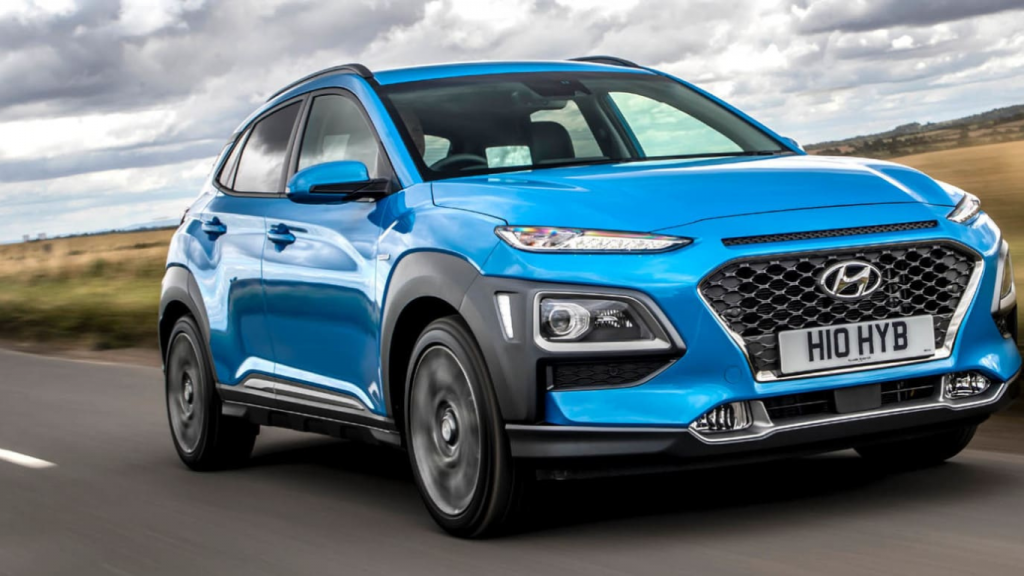
Stay Up-to-Date with Maintenance
To keep your car running smoothly and efficiently, it is crucial to stay on top of its maintenance requirements. Similar to how regular health check-ups help us identify and prevent potential health issues, adhering to your car’s manufacturer-recommended maintenance schedule can help you detect and address any problems before they become major, costly repairs.
Regular maintenance check-ups can also help you extend the lifespan of your car, improve its performance, and ensure your safety on the road. Therefore, it’s important to prioritize and schedule regular maintenance appointments with a trusted mechanic to keep your car in optimal condition.
Drive Efficiently
As the electric vehicle concept is relatively new, it operates differently from traditional gasoline or diesel cars. Therefore, it is essential to handle it with a gentle touch. While it’s not a hard and fast rule, it’s advisable to avoid driving at high speeds for extended periods as it can have a significant impact on the battery’s performance. Also, consistent fluctuations in speed can cause unnecessary strain on the battery’s health. If you encounter a situation where a feature of your electric car is not functioning correctly, it is best to switch the car off and back on again rather than repeatedly pressing the buttons, which can be a common issue.
In conclusion, owning an electric car requires different maintenance than a traditional gasoline-powered car. By following these steps, you can ensure that your car is protected from scratches and UV rays, and that it looks great for years to come. Just remember to choose the right wax for your car, wash your car thoroughly, and apply the wax in a circular motion.


